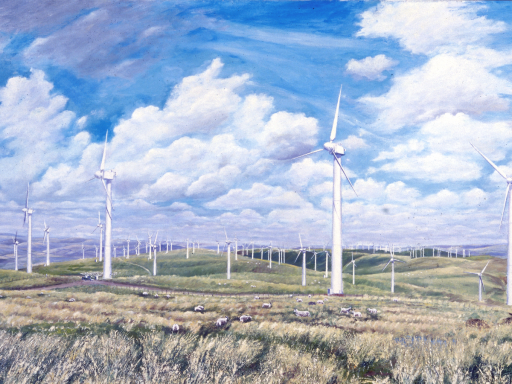
Roger Highfield, Science Director, discusses today’s landmark IPCC report on the climate crisis, a ‘final warning’ from scientists: act now or it will be too late.
Roger Highfield is the Science Director at the Science Museum Group, a member of the UK's Medical Research Council and a visiting professor at the Dunn School, University of Oxford, and Department of Chemistry, UCL. He studied Chemistry at the University of Oxford and was the first person to bounce a neutron off a soap bubble. Roger was the Science Editor of The Daily Telegraph for two decades, and the Editor of New Scientist between 2008 and 2011. He has written or co-authored ten popular science books, most recently Stephen Hawking: Genius at Work, and has had thousands of articles published in newspapers and magazines.

Roger Highfield, Science Director, discusses today’s landmark IPCC report on the climate crisis, a ‘final warning’ from scientists: act now or it will be too late.
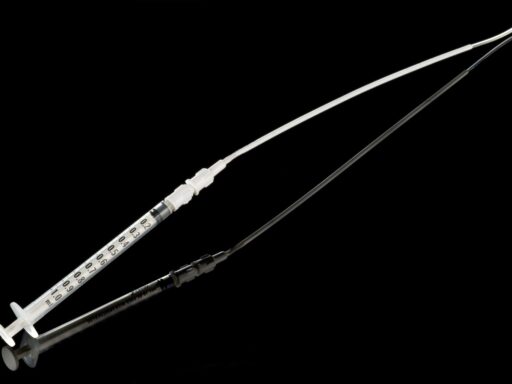
Roger Highfield, Science Director, discusses the new consultation by the HFEA regulator that aims to update fertility law.

Roger Highfield, Science Director, discusses a report published today (28 February 2023) on the prospect of green aviation.
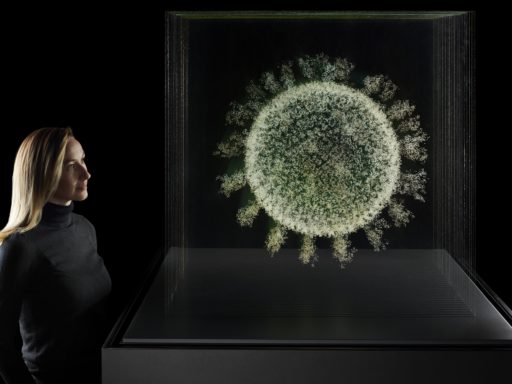
Roger Highfield discusses the $3.5 billion pandemic vaccine development plan of CEPI, the Coalition for Epidemic Preparedness Innovations, with its CEO, Richard Hatchett, at the launch of the Injecting Hope exhibition.

Roger Highfield, Science Director, rounds up the reaction to the latest UN Climate Change Conference, COP27.
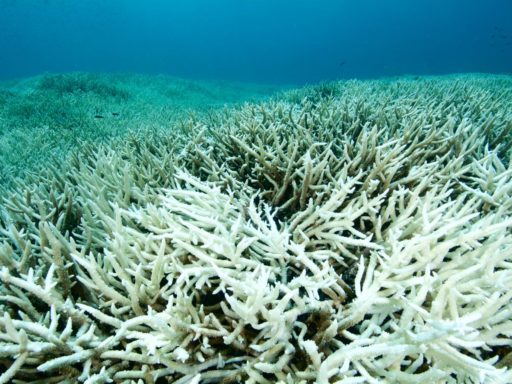
Roger Highfield, Science Director, reports on how the need for urgent action to curb climate change has intensified as the UK’s presidency of COP26 draws to a close.
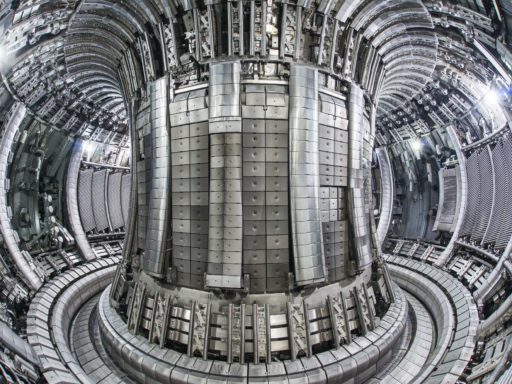
The UK has the world’s leading fusion experiment, called JET. Roger Highfield, Science Director, talks to Professor Ian Chapman, CEO of the UK Atomic Energy Authority, about the announcement of a site for the UK’s first electricity generating fusion plant.
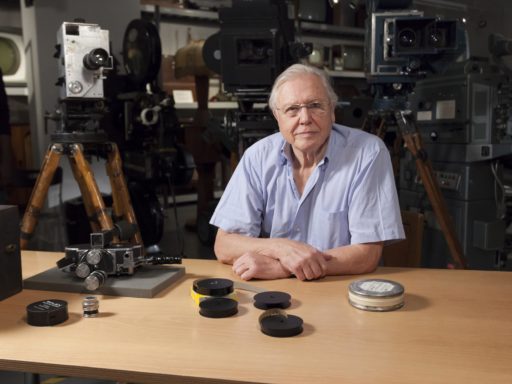
Sir David Attenborough has been on television for seven decades. Roger Highfield, Science Director, talks to the world’s most respected wildlife broadcaster about the huge changes he has witnessed since he started out with the BBC, and what to expect next.

As the costs of fossil energy have skyrocketed since Russia’s invasion of Ukraine, some have claimed that going green is too expensive. Roger Highfield, Science Director, reports on an recently published study from Oxford University that suggests a fast transition to clean energy will cost less than a slow or no transition.
Roger Highfield, Science Director, talks to Atul Jain, lead author of a study that shows the huge impact of the global food system on climate change.
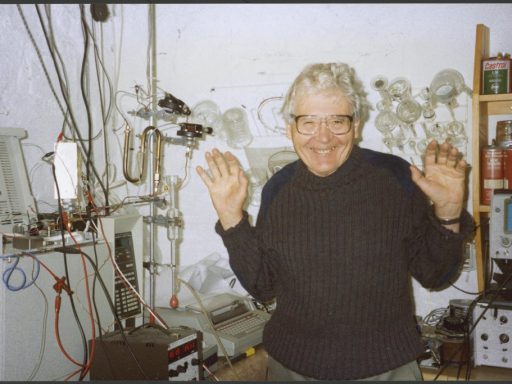
Today marks the 103rd birthday of the independent scientist-inventor, James Lovelock. Roger Highfield, Science Director, reflects on how his Gaia theory seems more relevant than ever in this era of rapid climate change.
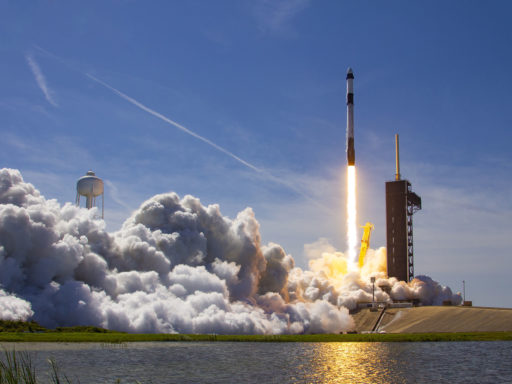
Roger Highfield, Science Director, discusses a new study that suggests the soot released by space tourism could have a bigger impact on the climate than the soot from aviation.